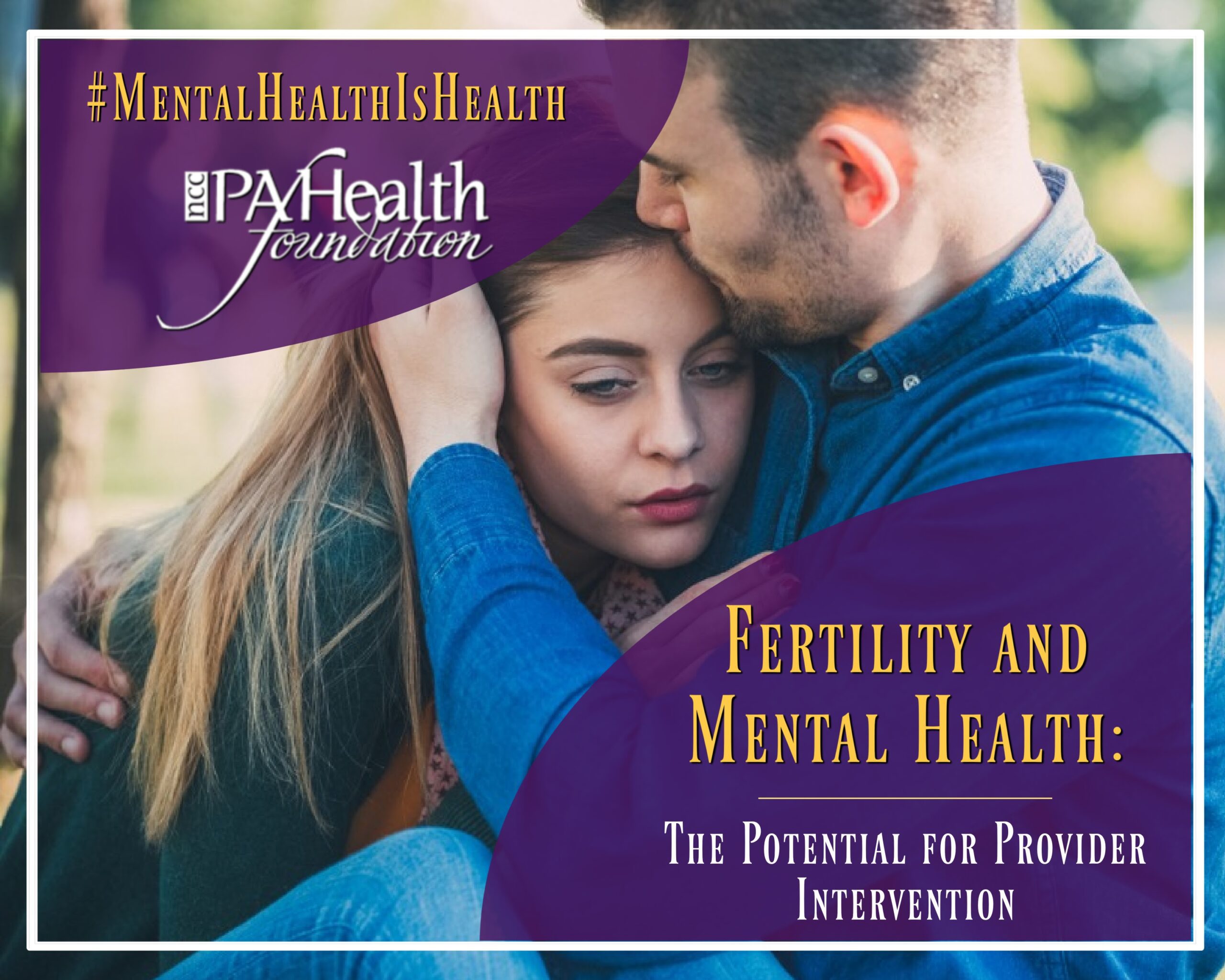Fertility and Mental Health: The Potential for Provider Intervention
1 in 8 couples suffer from a form of infertility, whether that may be difficulty getting pregnant or sustaining a pregnancy. As medical providers, we understand the physiologic and medical component to this diagnosis, but we also have an opportunity and a duty to address the often, co-occurring psychological component as well.
There are many emotional, relational and financial facets to this diagnosis that can be profoundly stressful and disappointing. It is not unusual to feel a sense of sadness and longing for however long this process takes. Separate from the journey itself, there are often medications prescribed to treat infertility, that may result in changes in mood. If feelings of depression persist, the patient or their partner may start to develop symptoms of a major depressive episode. Perhaps a loss of motivation, difficulty completing normal everyday activities, worthlessness, hopelessness, apathy or worsening anxiety which can be detrimental to their quality of life.
A study done in 2015 showed that MDD in patients undergoing fertility treatment was common. 39.1% of the women and 15.3% of the men met the criteria for MDD during the 18-month course of the study. It is recommended that routine screening for MDD be completed throughout treatment so that we are better able to offer counseling, support services, or medication as well as education about depression and potential warning signs.

References and Resources:
- Fert Steril, Prevalence and Predictors of Major Depressive Disorder for Fertility Treatment Patients and their Partners: https://www.ncbi.nlm.nih.gov/pmc/articles/PMC4417384/
- MGH Center for Women’s Health, Fertility & Mental Health: https://womensmentalhealth.org/specialty-clinics/infertility-and-mental-health/
- North Carolina Medical Journal, The Impact of Infertility on Women’s Mental Health: https://www.ncmedicaljournal.com/content/77/6/427
- National Infertility Awareness Week: https://infertilityawareness.org/
- Resolve: The National Infertility Association: https://resolve.org/
- Centers for Disease Control and Prevention, Infertility FAQs: https://www.cdc.gov/reproductivehealth/infertility/

